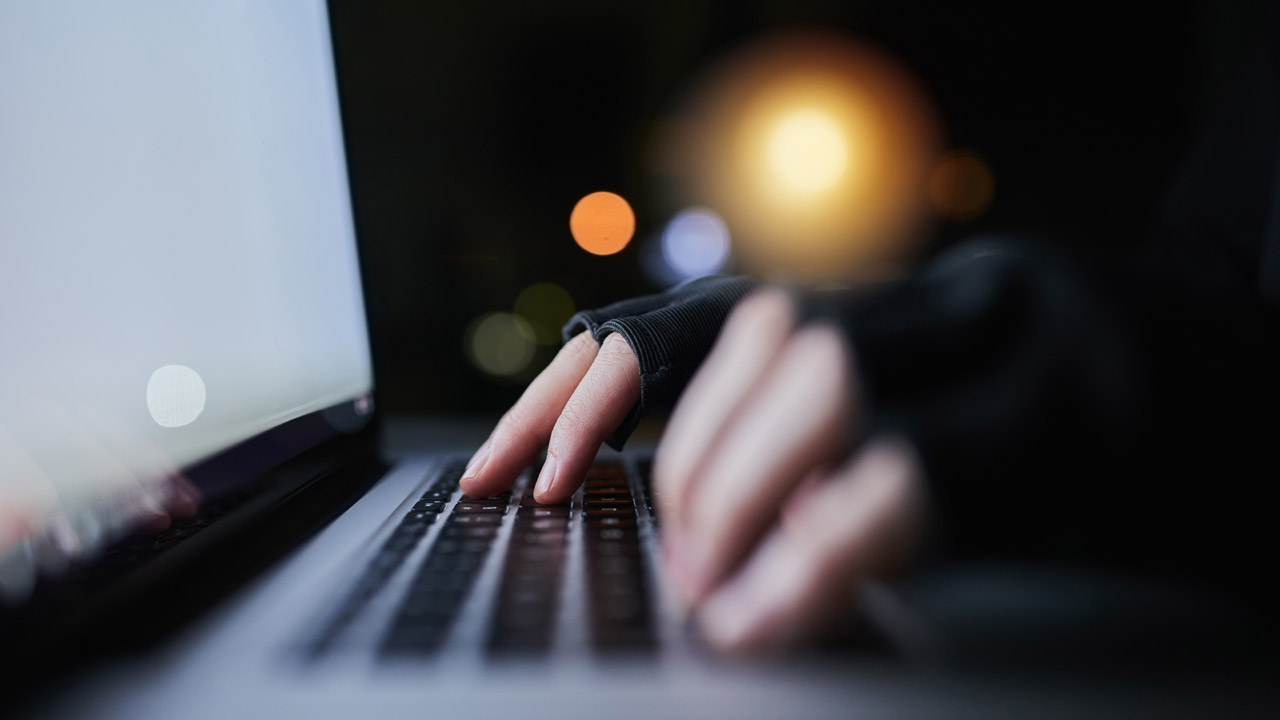In times of crisis, choose who you follow with care
 CREDIT: ISTOCK (PEOPLEIMAGES)
CREDIT: ISTOCK (PEOPLEIMAGES)From lizard people to flat earth conspiracies, there's a lot of crazy stuff making its way into our newsfeeds these days. Guard yourself from misinformation with media literacy and rational thinking.
Sometimes, it can take a life or death situation for us to discover our boundaries.
And in the past eight weeks, I for one have learned to draw the line at misinformation, the rampant spread of which mirrors the veracity of the coronavirus itself.
The world is presently contending with two viruses: one that attacks the immune system, and another that attacks the rational thinking mind by way of fear mongering and ignorance. As the World Health Organization (WHO) puts it, “we’re not just fighting an epidemic; we’re fighting an infodemic.”
According to the WHO, an infodemic is “an over-abundance of information, some accurate and some not that makes it hard for people to find trustworthy sources and reliable guidance when we need it.”
In a public health emergency, a lack of reliable guidance deters our abilities to protect ourselves and others.
The WHO has also created a framework guiding governments in the combat against misinformation, with the first step requiring public health interventions and messages to be based on science and evidence. In mid-April, Privy Council president and lawyer Dominic Leblanc said the federal government is considering a new law to fight pandemic misinformation that promotes fake, dangerous cures and conspiracy theories on the virus’s origins.
When challenged with credible facts, don’t be surprised when the conspiracy theorist in your life lashes back by discouraging you from trusting the “mainstream media” and to instead “do your own research.”
Research is the third step of the scientific method, after observation and developing a question. Research is the mandatory link between the question and the hypothesis. It can be easy for anyone to claim they have “conducted research” by accessing a multitude of widely available online resources (or you know, binge-watching a slew of badly produced YouTube documentaries), but the key here is knowing how to conduct research properly and responsibly.
We need to be very, very careful when conducting research online, where literally anyone, anywhere in the world can post anything they want and call it truth.
Karl Popper was a 20th century British philosopher of science who came up the theory of falsification, which is a very simple method of critical thinking. It may not work for everyone, but it definitely helps me out while conducting research of any kind.
Very crudely put, the philosophy gives us the example of a theory that only white swans exist in the world. However, looking for purely white swans, or for affirmation of our own confirmation bias, is an ineffective way to prove this theory to skeptics. If we truly want to know that we are right in our belief that only white swans exist, what we should do is then seek out conflicting data, otherwise known as black swans.
When we look for and find black swans, we can know and accept that our theory is in fact false and move on with our lives. Or in my case, protect my mental health as I scroll through my daily newsfeed.
So please, I urge you all to know your own personal boundaries for BS. Cross-reference claims with critics of those claims. Make sure your sources are credible experts with a clean professional background. While navigating the media, I strongly suggest utilizing websites like mediabiasfactcheck.com or covid19misinfo.org.
I strive to view the other side things and come up with my own balanced opinion, especially as a journalist just starting out in my career. But when the other side pulls me down into a rabbit hole that creates a distrust not only in experts, but also in my own mental and intuitive discernment of what I know to be empirically true – then that rabbit hole isn’t even worth my attention to begin with.
There’s still so much for experts to learn about this virus, and as a world community we are still learning about the long-term outlook. I can only speak for myself, but it’s probably better for our collective mental wellness to accept that some of the answers we desperately seek right now can only come in time.
This situation is entirely out of our control, and all we can do is keep our cools and handle it the best we can. This does not mean promoting misinformation and wildly inaccurate rumours that put other people’s lives at risk.
When it comes to media literacy, remember that only YOU can create your mental and digital algorithm by making conscious decisions about the information you click on and why.
Choose who you follow with care.
Editorial opinions or comments expressed in this online edition of Interrobang newspaper reflect the views of the writer and are not those of the Interrobang or the Fanshawe Student Union. The Interrobang is published weekly by the Fanshawe Student Union at 1001 Fanshawe College Blvd., P.O. Box 7005, London, Ontario, N5Y 5R6 and distributed through the Fanshawe College community. Letters to the editor are welcome. All letters are subject to editing and should be emailed. All letters must be accompanied by contact information. Letters can also be submitted online by clicking here.

















